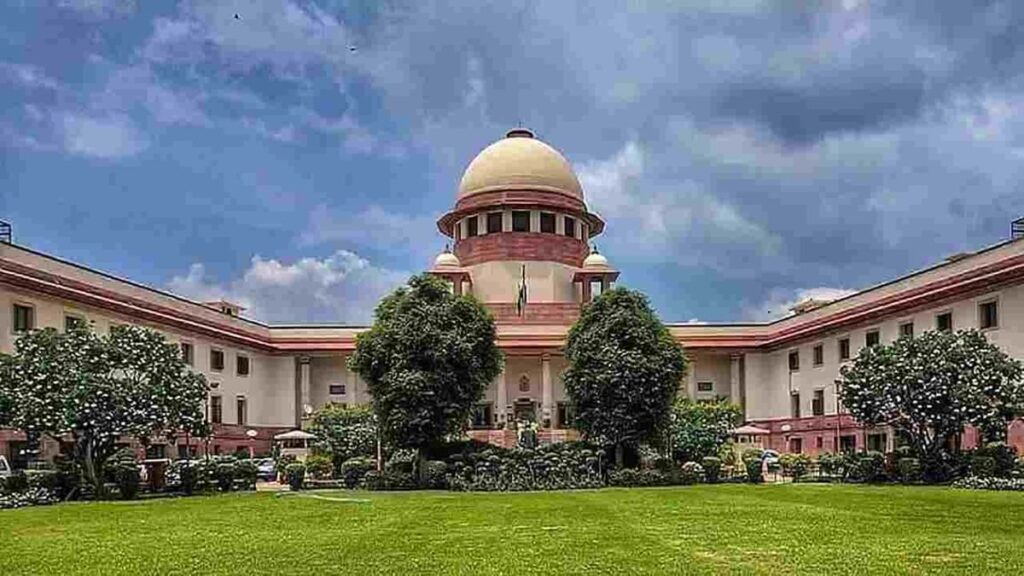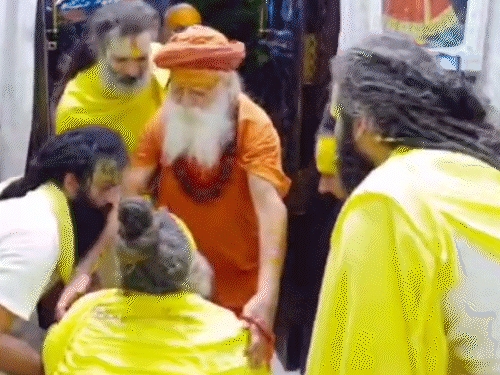A will cannot be considered valid just because it is registered: Supreme Court

The Supreme Court on Friday (06.10.2023) said that mere registration of a document will not make it free from any doubt by adding an infallible presumption of its genuineness. The apex court was considering a property dispute in which the validity and legality of the will was questioned. After several appeals the matter reached the apex court. The trial court had held that despite the registration of the will, its valid execution has not been proved. In exercise of its second appellate jurisdiction, the High Court had held that mere registration of the will would not suffice to remove the suspicious circumstances surrounding it.
A bench of Justices CT Ravikumar and Sanjay Kumar agreed with the view of the trial court and confirmed the High Court order, saying: “…the trial court rightly observed that mere registration of the will is not sufficient to prove its validity. because its valid execution must be proved in accordance with Section 68 of the Indian Evidence Act, 1872 and Section 63 of the Indian Succession Act, 1925.”
The top court observed that Section 68 (proof of execution of a document to be certified by law) and Section 71 (proof when the witness attesting refuses to execute) of the Evidence Act, 1872 and Section 63 (execution of undocumented ) are the legal requirements required under. The Wills of the Hindu Succession Act, 1956) was not established to prove the execution of the will in question.
The Court said, “Section 68 of the Evidence Act requires at least one witness to prove the execution of a will in terms of Section 63 of the Succession Act.” However, the top court said that this requirement has not been met in the present case. The Court also observed that the statements of the two witnesses who gave evidence showed that they were not on the same page. The top court confirmed the High Court order and dismissed the appeal. Since the appellant in the case failed to prove the execution of the will in terms of the legal requirements under the Succession Act and the Evidence Act, the respondent would be entitled to take possession of the properties intestate succession under Section 15 of the Hindu Succession Act.






